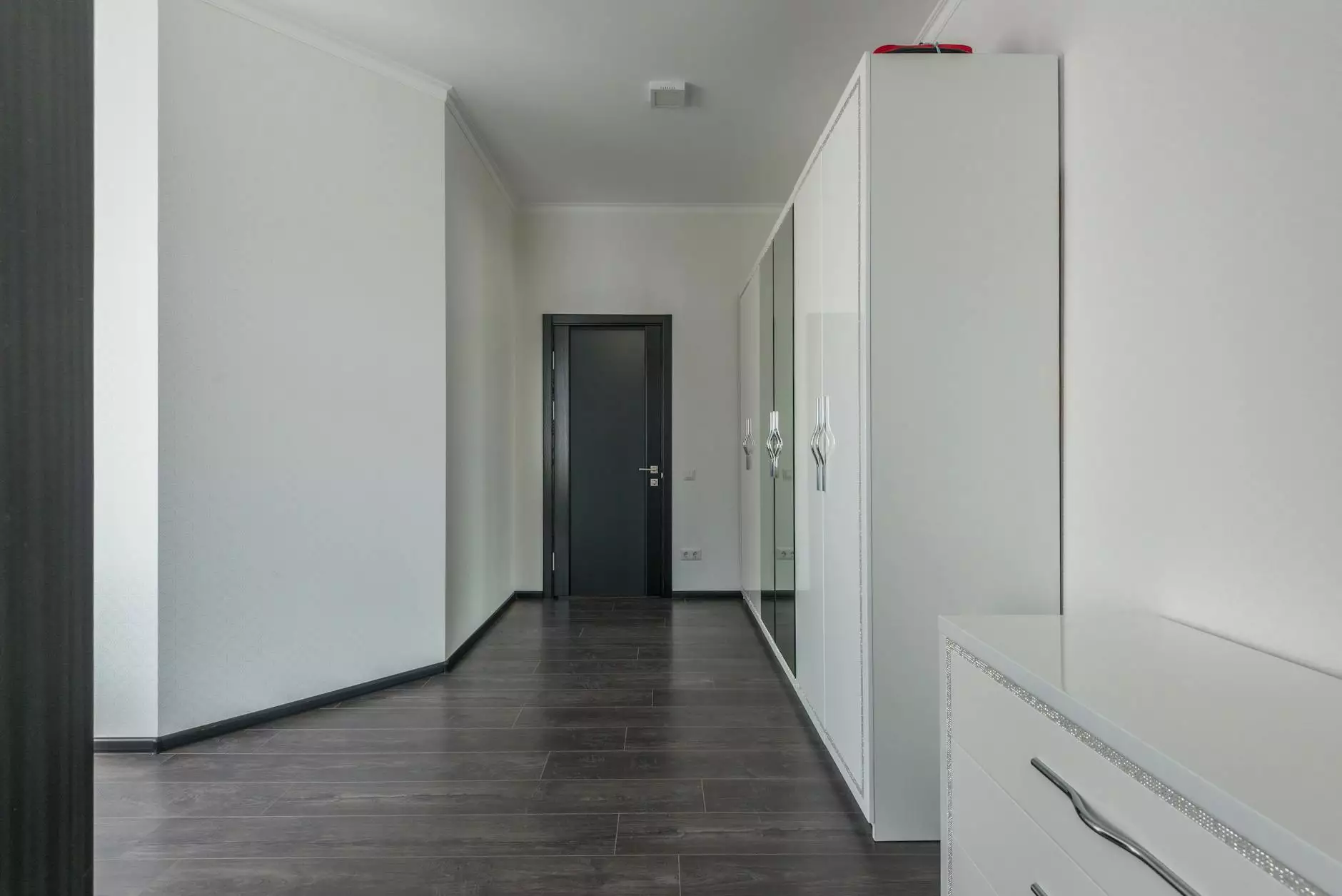Understanding Hysteroscopy Test Cost and Its Benefits

Hysteroscopy is a crucial diagnostic procedure that allows doctors to view the inside of the uterus using a hysteroscope. As patients begin to explore options for this procedure, one of the most pressing questions they have is regarding the hysteroscopy test cost. This article provides a comprehensive guide to understanding the costs associated with hysteroscopy, the factors influencing these costs, and the benefits of undergoing this procedure.
What is Hysteroscopy?
Hysteroscopy is performed by inserting a thin, lighted tube called a hysteroscope into the uterus through the vagina and cervix. This procedure helps diagnose and, in some cases, treat conditions affecting the uterus, such as:
- Uterine fibroids
- Polyps
- Uterine bleeding
- Uterine septum
- Chronic pelvic pain
Understanding the hysteroscopy test cost can help you make informed decisions about your health and treatment options.
Factors Influencing Hysteroscopy Test Cost
The cost of a hysteroscopy test can vary significantly based on several factors. Here are some key considerations:
1. Geographic Location
Different areas have different healthcare costs. Urban centers may have higher prices due to increased operational costs, while rural areas may offer more competitive rates.
2. Type of Facility
The hysteroscopy test cost may vary depending on whether the procedure is performed in a hospital, outpatient surgical center, or a doctor's office. Typically, hospitals may charge more due to their comprehensive care services.
3. Anesthesia Type
Hysteroscopies can be performed under local, sedation, or general anesthesia. The choice of anesthesia will also influence the overall cost, with general anesthesia generally being more expensive.
4. Complexity of the Procedure
If the hysteroscopy is diagnostic, it tends to be less expensive. However, if it involves treatment, such as the removal of fibroids or polyps, the costs can escalate.
5. Health Insurance Coverage
Your insurance plan may cover a part or the total cost of the procedure. Understanding your insurance coverage can significantly change the total hysteroscopy test cost that you are responsible for paying.
Average Hysteroscopy Test Cost
The hysteroscopy test cost typically ranges from $1,500 to $3,500. This estimation may include:
- Facility fees
- Doctor's fees
- Anesthesia fees
- Pre-procedure tests
- Post-procedure consultations
It is advisable to contact your provider, such as drseckin.com, to obtain a detailed breakdown of the estimates related to your specific situation.
Benefits of Hysteroscopy
Undergoing a hysteroscopy can provide numerous benefits:
1. Accurate Diagnosis
Hysteroscopy allows physicians to obtain direct visual assessment of the uterine cavity, leading to accurate diagnostics for various gynecological issues.
2. Minimally Invasive
As a minimally invasive procedure, hysteroscopy typically involves less recovery time compared to open surgery, allowing patients to return to their everyday activities more quickly.
3. Immediate Treatment Options
In many cases, if problematic areas are found during the procedure, doctors can treat them immediately. This can potentially eliminate the need for separate surgical interventions.
4. Reduced Hospital Stay
Hysteroscopy is often performed on an outpatient basis, meaning patients can return home the same day without an extended hospital stay.
5. Enhanced Fertility Outcomes
By identifying and treating uterine issues, hysteroscopy can help improve fertility outcomes for women facing challenges conceiving.
Preparing for a Hysteroscopy
Proper preparation is key to ensuring a smooth procedure. Here's what to expect when preparing for a hysteroscopy:
1. Consultation with Your Doctor
Discuss your medical history, symptoms, and any medications you are taking with your doctor. This will help your physician tailor the procedure to your individual needs.
2. Scheduling the Procedure
Hysteroscopic procedures are often scheduled during specific times in your menstrual cycle. Working closely with your doctor ensures optimal timing.
3. Pre-procedure Testing
You may undergo various tests before the procedure, such as blood tests or imaging studies, to assess your uterine health.
4. Avoiding Specific Medications
Your doctor may advise you to avoid certain medications, like blood thinners, prior to the procedure to reduce the risk of complications.
5. Arranging Transportation
If you are receiving sedation or general anesthesia, it is crucial to arrange transportation home after your procedure, as driving will not be safe.
Potential Risks and Complications
While hysteroscopy is generally considered safe, there are potential risks, including:
- Infection
- Heavy bleeding
- Uterine perforation
- Adverse reactions to anesthesia
It's important to discuss these risks with your healthcare provider to determine if the benefits of the procedure outweigh the potential downsides.
Conclusion
The hysteroscopy test cost is an important consideration for women exploring their reproductive health options. Understanding the procedure, its costs, benefits, and necessary preparations can empower you to make informed healthcare decisions. If you need personalized guidance, consider consulting with experienced professionals, such as those found at drseckin.com. Investing in your health through proper diagnosis and timely treatment is invaluable for your overall well-being.
By being informed about the costs and intricacies of hysteroscopy, you're taking a proactive step toward achieving optimal reproductive health. Remember, the right support can make a difference, so don't hesitate to reach out to qualified healthcare providers who can assist you in your journey.









